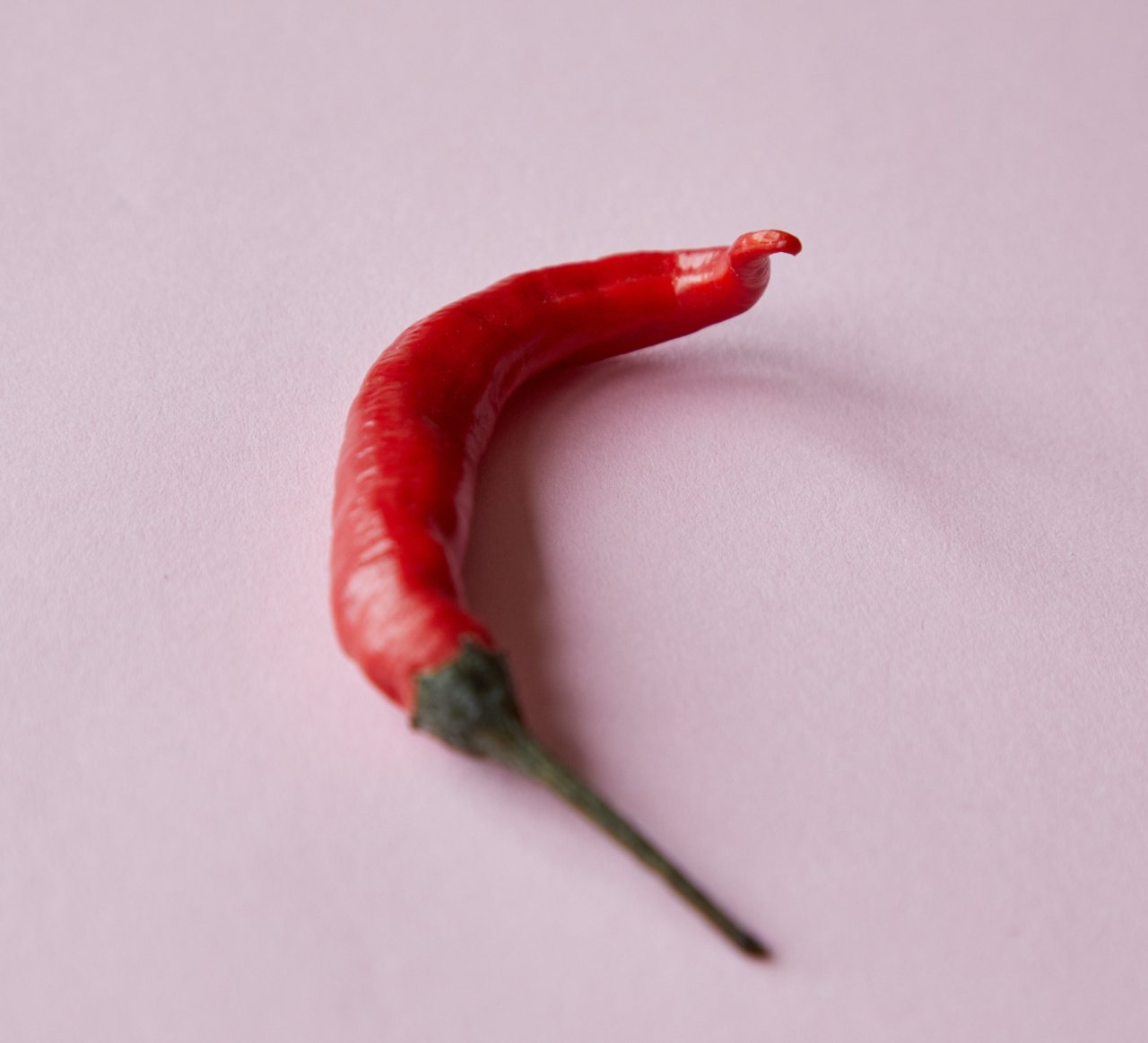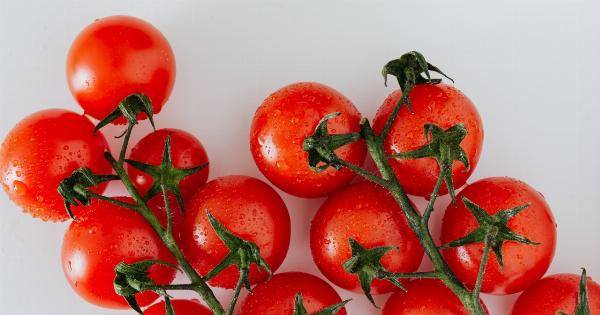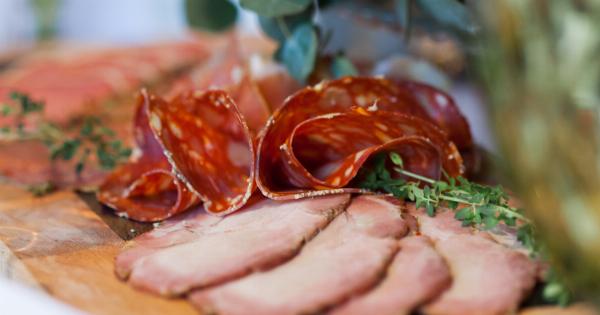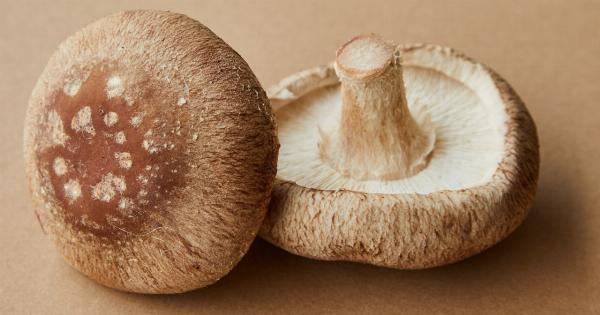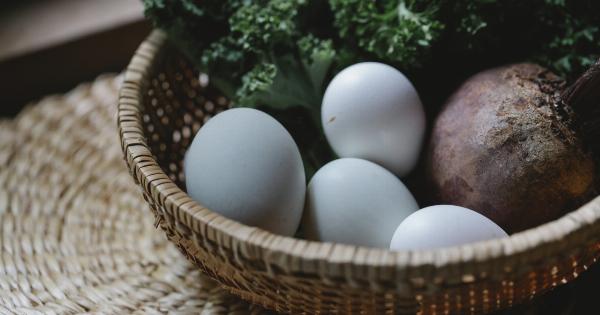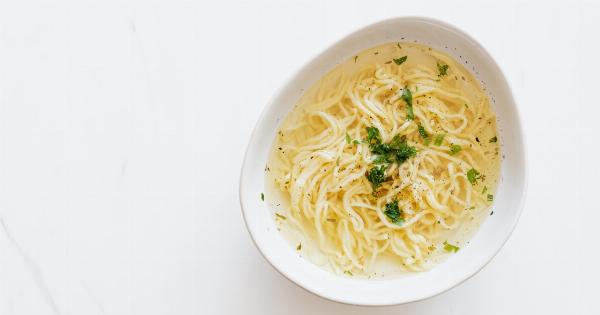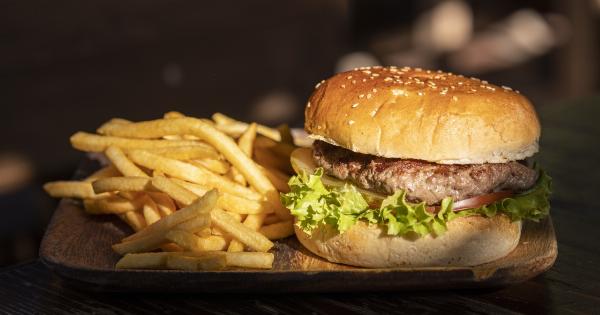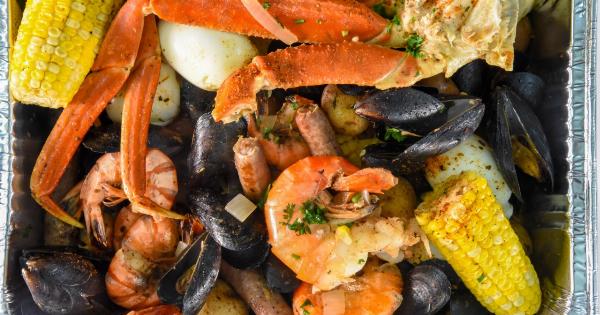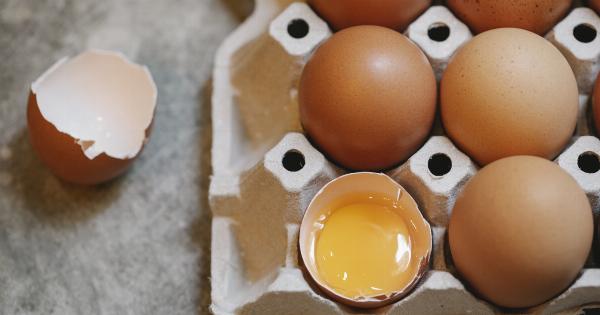Switching to a meatless diet may seem challenging in terms of getting enough protein, but with the right knowledge and food choices, it can be easily achieved.
Plant-based proteins are not only packed with essential nutrients but also offer numerous health benefits. Whether you are a vegetarian, vegan, or simply looking to reduce your meat consumption, incorporating high-protein plants into your diet is a fantastic way to ensure you meet your body’s protein requirements.
Here are 30 excellent plant-based sources of protein that you can enjoy.
Lentils
Lentils are a versatile legume that offers a whopping 18 grams of protein per cooked cup. They are also high in fiber, folate, iron, and other essential nutrients.
Whether in soups, stews, or salads, lentils make an excellent addition to any meatless meal.
Chickpeas
Chickpeas, also known as garbanzo beans, are not only protein-rich but also incredibly versatile. With around 15 grams of protein per cooked cup, chickpeas can be used in curries, hummus, salads, or roasted as a crunchy snack.
Black Beans
Black beans have a hearty texture and a delicious taste, making them a popular choice for many vegetarian and vegan dishes. With approximately 15 grams of protein per cooked cup, they are an excellent source of plant-based protein.
Quinoa
Quinoa is a complete protein, which means it contains all nine essential amino acids our bodies need.
With around 8 grams of protein per cooked cup, quinoa is a nutritious grain substitute that can be used in various recipes, including salads, stuffed peppers, or as a side dish.
Soybeans
Soybeans are considered a complete protein and offer about 29 grams of protein per cooked cup. They are a versatile legume that can be enjoyed in the form of tofu, tempeh, soy milk, or edamame.
Black-Eyed Peas
Black-eyed peas are an excellent source of protein, with 13 grams per cooked cup. They are often used in traditional dishes such as Hoppin’ John or can be added to soups and stews for a protein boost.
Chia Seeds
Despite their small size, chia seeds pack a powerful protein punch. With 4 grams of protein per ounce, chia seeds can be added to smoothies, puddings, or used as an egg substitute in vegan baking.
Almonds
Almonds are not only a great source of healthy fats but also provide a decent amount of protein. With around 6 grams of protein per ounce, almonds make for a convenient and nutritious snack.
Hemp Seeds
Hemp seeds are a complete protein source, offering all nine essential amino acids. With approximately 9 grams of protein per ounce, they can be sprinkled over salads, blended into smoothies, or used as a topping for oatmeal.
Chickpea Flour
Chickpea flour, also known as besan, is a protein-packed alternative to traditional flour. It contains about 21 grams of protein per cup and can be used in baking or to make delicious savory pancakes and fritters.
Spinach
Spinach is not only rich in iron and other essential nutrients but also offers a decent amount of protein. With approximately 5 grams of protein per cooked cup, spinach can be enjoyed in salads, smoothies, or cooked dishes.
Kidney Beans
Kidney beans are not only a great source of protein but also high in fiber and other beneficial nutrients. With approximately 15 grams of protein per cooked cup, they can be used in chili, salads, or as a filling for tacos.
Tempeh
Tempeh is made from fermented soybeans and has a rich, nutty flavor. With around 31 grams of protein per cup, tempeh is an excellent meat substitute that can be grilled, stir-fried, or crumbled into dishes like chili or tacos.
Greek Yogurt
Greek yogurt is known for its creamy texture and high protein content. With about 17 grams of protein per cup, it can be enjoyed on its own, added to smoothies, or used as a base for dressings and dips.
Pumpkin Seeds
Pumpkin seeds not only make a delicious snack but are also loaded with protein and other essential nutrients. With approximately 8 grams of protein per ounce, they can be enjoyed on their own, sprinkled over salads, or added to baked goods.
Peas
Peas may be small, but they are mighty in terms of protein content. With about 8 grams of protein per cooked cup, peas can be added to pasta dishes, salads, or enjoyed as a side dish.
Edamame
Edamame is young soybeans and is a popular appetizer in many Asian cuisines. With around 17 grams of protein per cooked cup, edamame makes for a delicious and satisfying snack or addition to salads and stir-fries.
Quorn
Quorn is a meat substitute made from a fermented fungus. It offers approximately 13 grams of protein per cooked cup and is available in various forms, including nuggets, fillets, and minced meat alternatives.
Seitan
Seitan, also known as wheat gluten, is a high-protein meat substitute primarily used in vegetarian and vegan dishes. With around 25 grams of protein per 3.5 ounces, it can be grilled, sautéed, or added to stews and stir-fries.
Buckwheat
Buckwheat is not only gluten-free but also a good source of protein. With approximately 6 grams of protein per cooked cup, it can be used in porridge, salads, or ground into flour for pancakes, noodles, or bread.
Broccoli
Broccoli is a nutrient-packed vegetable that also contains a fair amount of protein. With about 3 grams of protein per cooked cup, it can be enjoyed steamed, roasted, or added to stir-fries and salads.
Tofu
Tofu is a widely consumed soy product known for its versatility and high protein content. With approximately 20 grams of protein per cooked cup, tofu can be grilled, stir-fried, or used in soups and smoothies.
Green Peas
Green peas are not only a classic side dish but also offer a decent amount of protein. With approximately 8 grams of protein per cooked cup, they can be enjoyed as a standalone dish, added to stews, or mixed into rice and pasta dishes.
Cauliflower
Cauliflower is a cruciferous vegetable that provides a moderate amount of protein along with other essential nutrients. With about 3 grams of protein per cooked cup, it can be enjoyed roasted, mashed, or used as a low-carb rice alternative.
Peanut Butter
Peanut butter is not only a delicious spread but also a source of protein and healthy fats. With approximately 8 grams of protein per 2 tablespoons, it can be added to smoothies, used as a dip, or spread onto whole-grain bread.
Spirulina
Spirulina is a blue-green algae that is considered a complete protein source. With about 8 grams of protein per 2 tablespoons, it can be added to smoothies, mixed into dips, or taken as a supplement.
Wild Rice
Wild rice is a whole grain that offers a decent amount of protein along with fiber and other beneficial nutrients. With approximately 7 grams of protein per cooked cup, it can be served as a side dish, added to salads, or used in stuffed vegetables.
Sunflower Seeds
Sunflower seeds are not only tasty but also a good source of plant-based protein. With around 5 grams of protein per ounce, they can be enjoyed on their own, sprinkled over salads or roasted vegetables, or used to make homemade granola bars.
Oats
Oats are a popular breakfast option that also provides a fair amount of protein. With approximately 6 grams of protein per cooked cup, oats can be used to make granola, overnight oats, or added to baked goods for extra fiber and protein.
Flaxseeds
Flaxseeds are tiny nutritional powerhouses that offer a good amount of protein along with omega-3 fatty acids and fiber.
With approximately 6 grams of protein per 2 tablespoons, flaxseeds can be ground and added to smoothies, oatmeal, or used as an egg substitute in vegan baking.
Green Lentils
Green lentils are yet another type of lentil that offers a decent amount of protein. With around 18 grams of protein per cooked cup, they can be used in salads, soups, stews, or even made into lentil burgers.
Conclusion
Achieving a high-protein intake on a meatless diet is not only possible but also incredibly easy with the wide variety of plant-based protein sources available.
Incorporating a range of these 30 high-protein plants into your meals can help you meet your protein needs and enjoy the numerous health benefits associated with a plant-focused diet.
